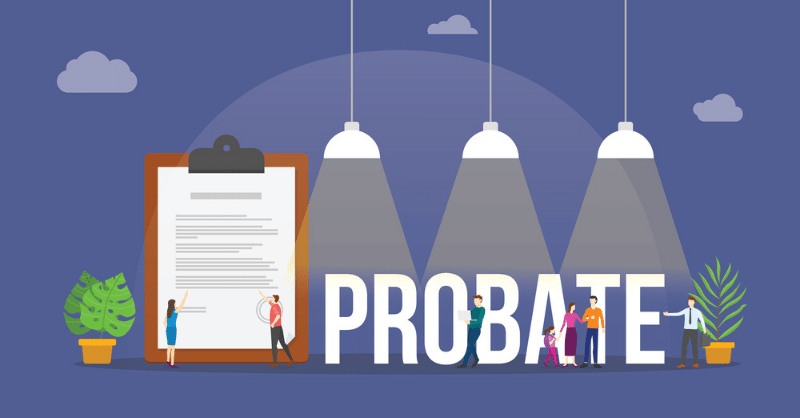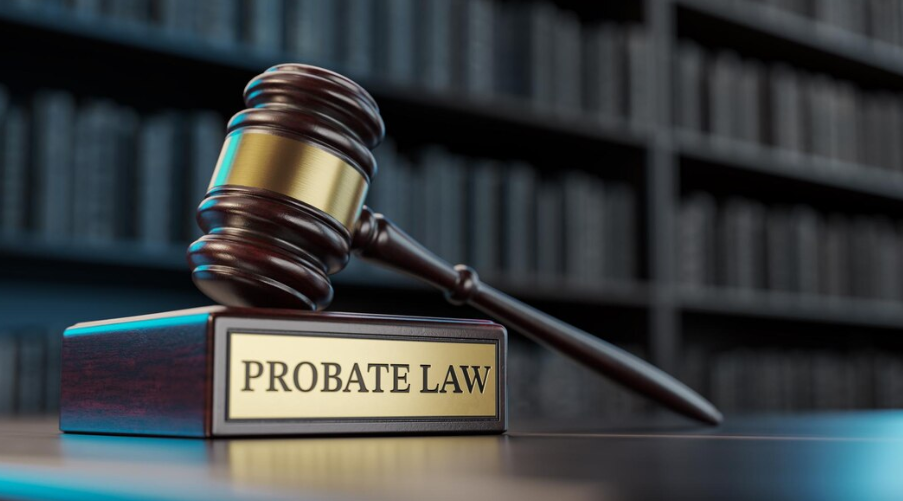Understanding Probate Alternatives in Texas
Probate alternatives are options that allow individuals to transfer assets without going through the lengthy and often costly probate process. These alternatives can simplify estate management and ensure that beneficiaries receive their inheritances more quickly.
Common probate alternatives in Texas include setting up a living trust, using joint ownership of property, and designating beneficiaries on accounts. Each method has its own legal implications and benefits, making it essential for individuals to understand their options and choose the best path for their estate planning needs.
The Role of Executors in Texas Probate
Executors play a crucial role in the probate process, responsible for managing the deceased's estate, ensuring debts are paid, and distributing assets to beneficiaries. Understanding the duties and responsibilities of an executor can help streamline the probate process.
Executors must navigate various legal requirements, including filing necessary documents with the court and communicating with beneficiaries. By being informed about their role, executors can effectively fulfill their obligations and avoid common pitfalls that may arise during probate.
Common Challenges in Texas Probate
Probate can present various challenges, including disputes among heirs, complex asset valuations, and navigating legal requirements. Recognizing these potential obstacles can help individuals prepare and mitigate issues that may arise.
For instance, disagreements among family members regarding the distribution of assets can lead to lengthy court battles. Additionally, understanding Texas probate laws can be daunting, especially for those unfamiliar with legal terminology and procedures, making it essential to seek professional guidance when necessary.
Tax Implications of Probate in Texas
Understanding the tax implications of probate is essential for effective estate planning. In Texas, while there is no state inheritance tax, federal estate taxes may apply depending on the value of the estate.
Estate taxes can significantly impact the amount beneficiaries receive, making it vital for individuals to consider tax strategies during estate planning. Consulting with a tax professional can provide insights into minimizing tax liabilities and ensuring a smooth transfer of assets to heirs.










